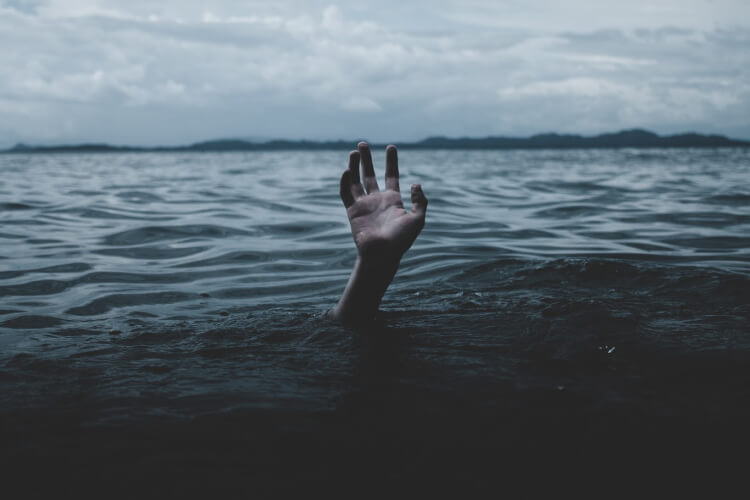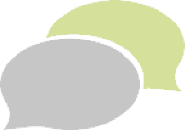
There are several types of depression, each with distinct characteristics. Let’s explore them:
- Reactive Depression:
- Triggered by specific life events, such as divorce, loss, or financial difficulties.
- Seasonal Affective Disorder (SAD):
- SAD occurs during specific seasons, often in winter due to reduced sunlight exposure. Symptoms include fatigue, low energy, and changes in sleep patterns.
- Major Depressive Disorder (MDD):
- Also known as clinical depression, MDD is the most common type. It involves persistent feelings of sadness, hopelessness, and a loss of interest or pleasure in daily activities. Symptoms can be severe and impact daily functioning.
- Dysthymia (Persistent Depressive Disorder):
- A chronic form of depression lasting for at least 2 years. It is characterized by milder symptoms but persistent low mood.
- Cyclothymia:
- Involves unstable moods, including periods of depression and elation. Not severe enough to be diagnosed as bipolar disorder.
- Psychotic Depression:
- Severe depression accompanied by psychotic symptoms such as hallucinations or delusions.
- Prenatal or Antenatal Depression:
- Occurs during pregnancy and can affect both expectant mothers and fathers.
- Postpartum Depression:
- Occurs after childbirth and affects both mothers and fathers. Symptoms include sadness, anxiety, and difficulty bonding with the baby.
- Bipolar Disorder (Manic Depression):
- People with bipolar disorder experience extreme mood swings. These include depressive episodes (similar to MDD) and manic or hypomanic episodes characterized by elevated mood, increased energy, and impulsive behavior.
